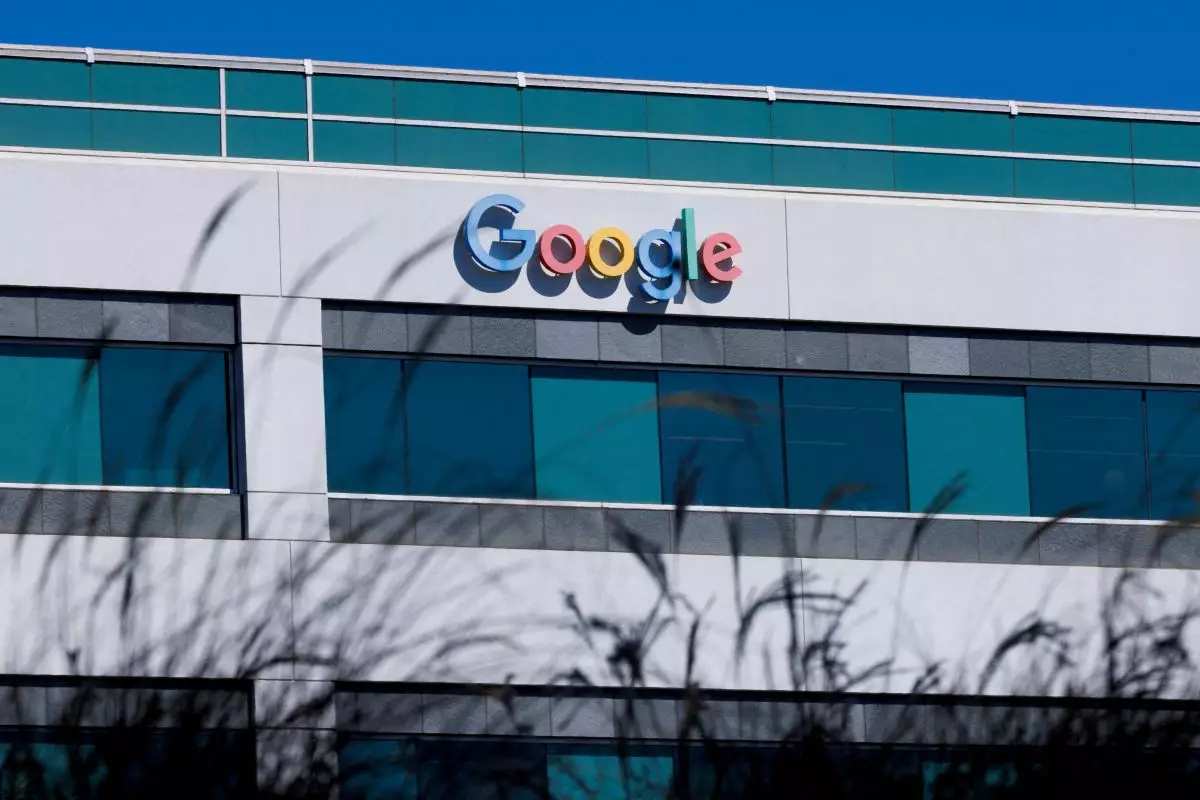In a notable turn of events within the ongoing antitrust dispute involving Google, a federal judge in California has granted a temporary reprieve to the tech giant concerning modifications mandated for its Android app store, Google Play. This case, which emerges from a lawsuit lodged by Epic Games—the developers behind the widely popular “Fortnite”—highlights the contentious issues surrounding market dominance in the tech sector. The judge’s decision comes as a response to Google’s assertions that complying with the order would introduce significant risks to user safety and privacy.
U.S. District Judge James Donato’s ruling, made on a Friday, allows a pause on his previous order that required Google to implement changes aimed at enhancing consumer options by November 1. Specifically, the judge’s initial directive sought to mandate that users could download apps from third-party platforms and utilize alternative in-app payment systems. Such provisions, endorsed by Epic Games, arise from the jury’s finding last year that Google had unlawfully monopolized the app distribution paths available to Android users. This current suspension grants the 9th U.S. Circuit Court of Appeals time to evaluate Google’s appeal against Donato’s order, an essential step in the labyrinthine legal processes often associated with antitrust disputes.
In response to Judge Donato’s order, Google expressed relief, asserting that the decision to halt the implementation of what it deems as “dangerous remedies” is a prudent one while its appeal is under review. The tech company contends that the changes could jeopardize the integrity of the Android ecosystem. This raises a crucial question about the balance between regulatory oversight intended to foster competition and the legitimate concerns of established firms regarding user security.
Conversely, Epic Games has framed the ruling as a minor procedural pause, criticizing Google for leveraging what they term “fearmongering” tactics to maintain its market control. Epic argues that the tech giant’s emphasis on security risks is unwarranted, serving instead to shield its profit margins generated from app store transactions. Such exchanges illustrate the ongoing clash between innovative startups advocating for a level playing field and long-standing corporations focused on protecting their established interests.
As this legal saga unfolds, the broader implications for the Android platform are significant. Should the appellate court ultimately side with Epic, the landscape of app distribution could shift dramatically, permitting a more diverse range of software and payment options for users. Such a transition could disrupt the current revenue-sharing models that underlie Google Play, offering consumers enhanced autonomy over how they acquire and use applications.
On the other hand, if Google succeeds in its appeal, it may reaffirm the status quo, allowing the company to exercise its control over app distribution without major alterations. The deeply entrenched nature of monopolistic practices in the tech industry raises the stakes in this case, making the outcome a pivotal moment not just for Google but for the dynamic interplay between large tech firms and emergent competitors striving for market access.
As the legal proceedings progress, industry watchers will undoubtedly keep a keen eye on how this theater of litigation influences the nature of competition in the tech sector and the future direction of consumer choice in app distribution.


Leave a Reply